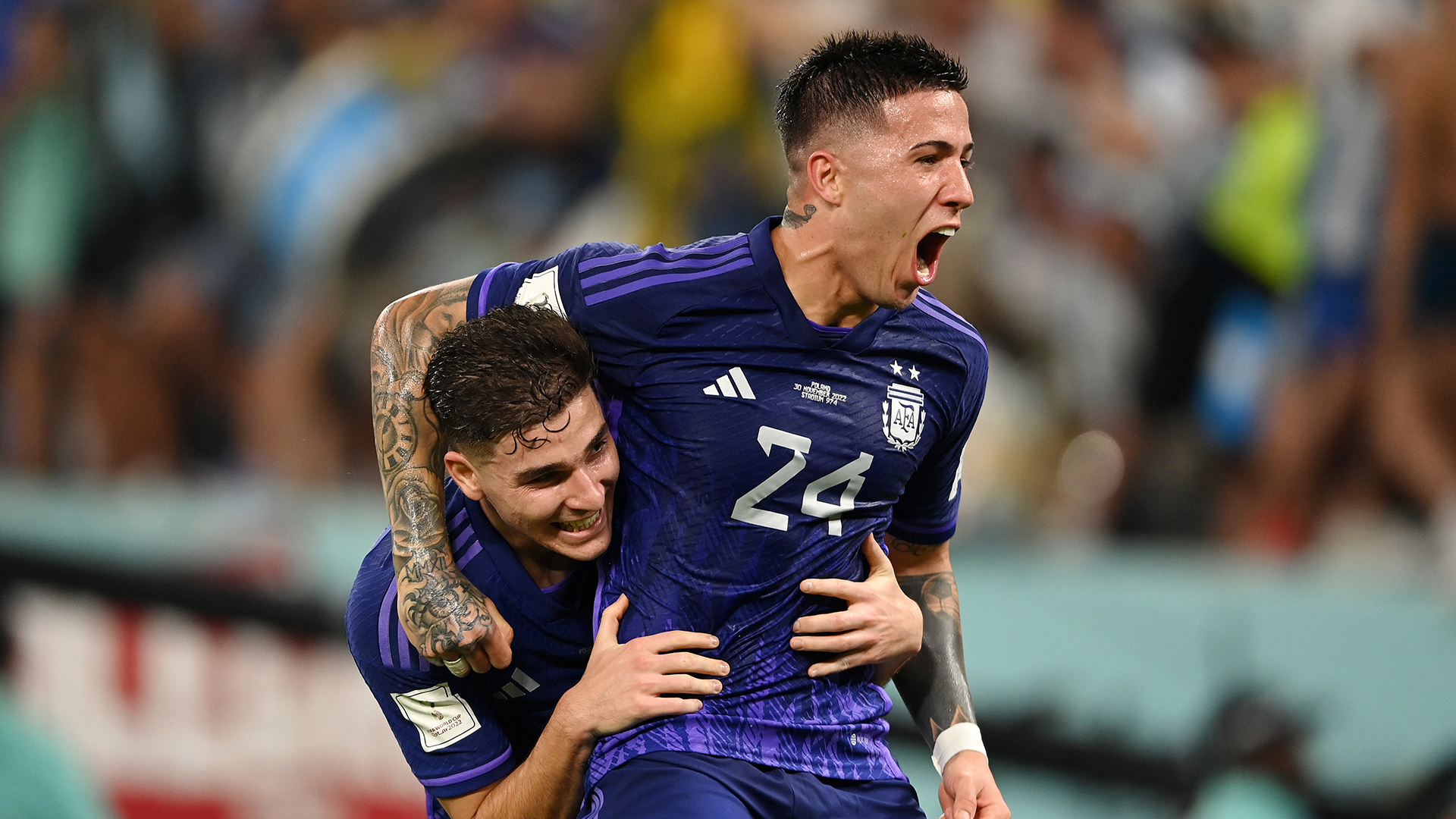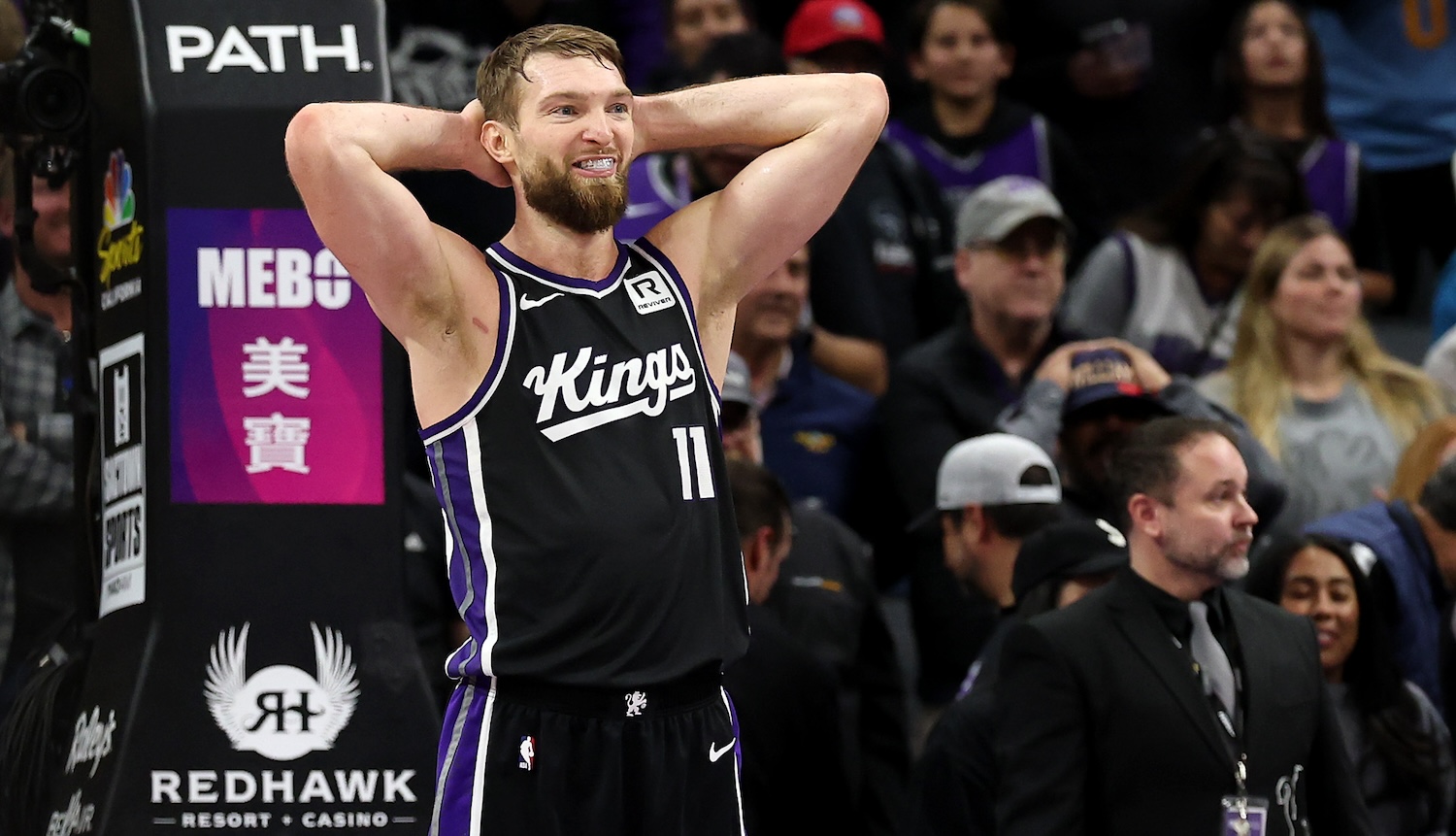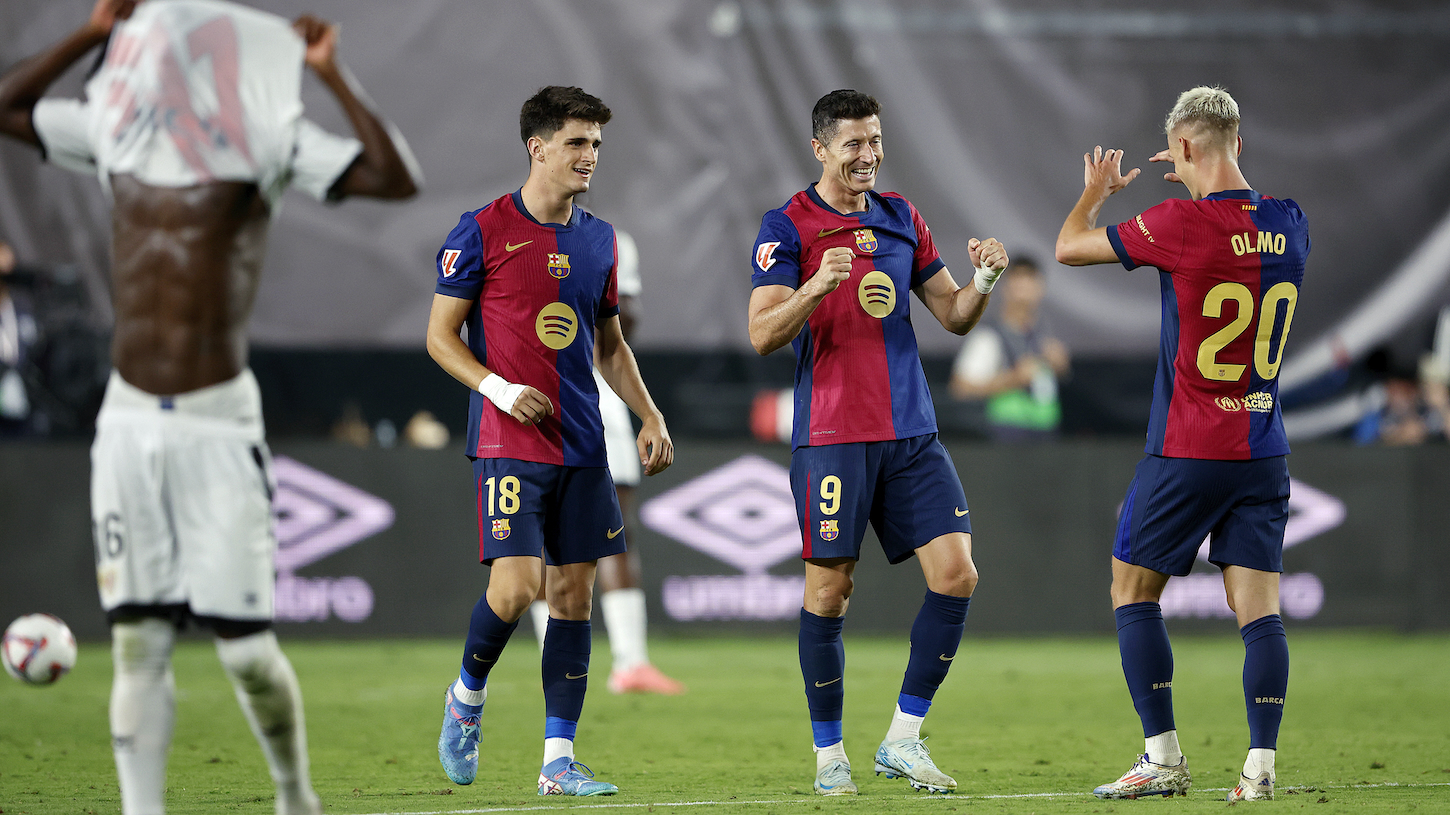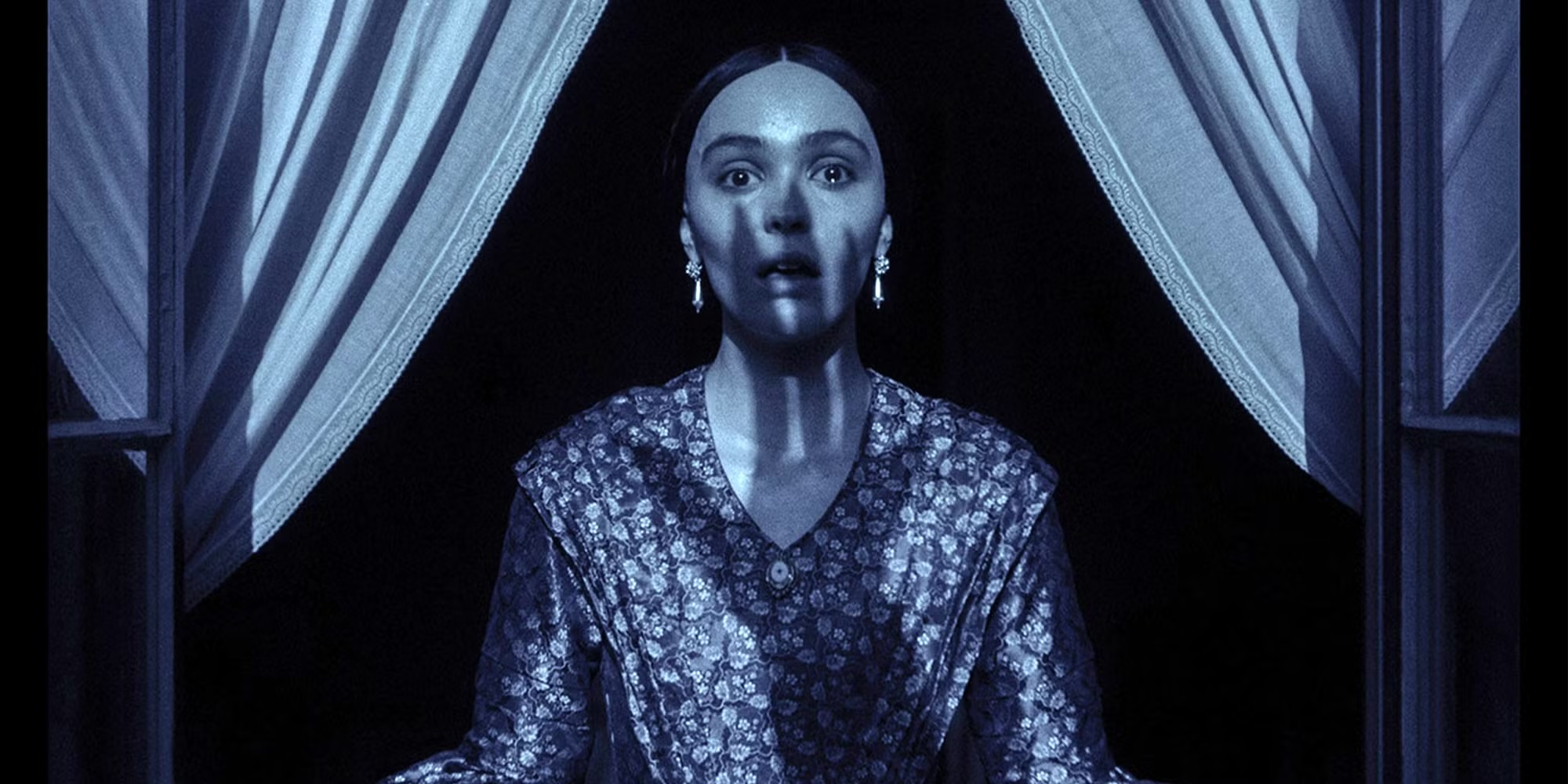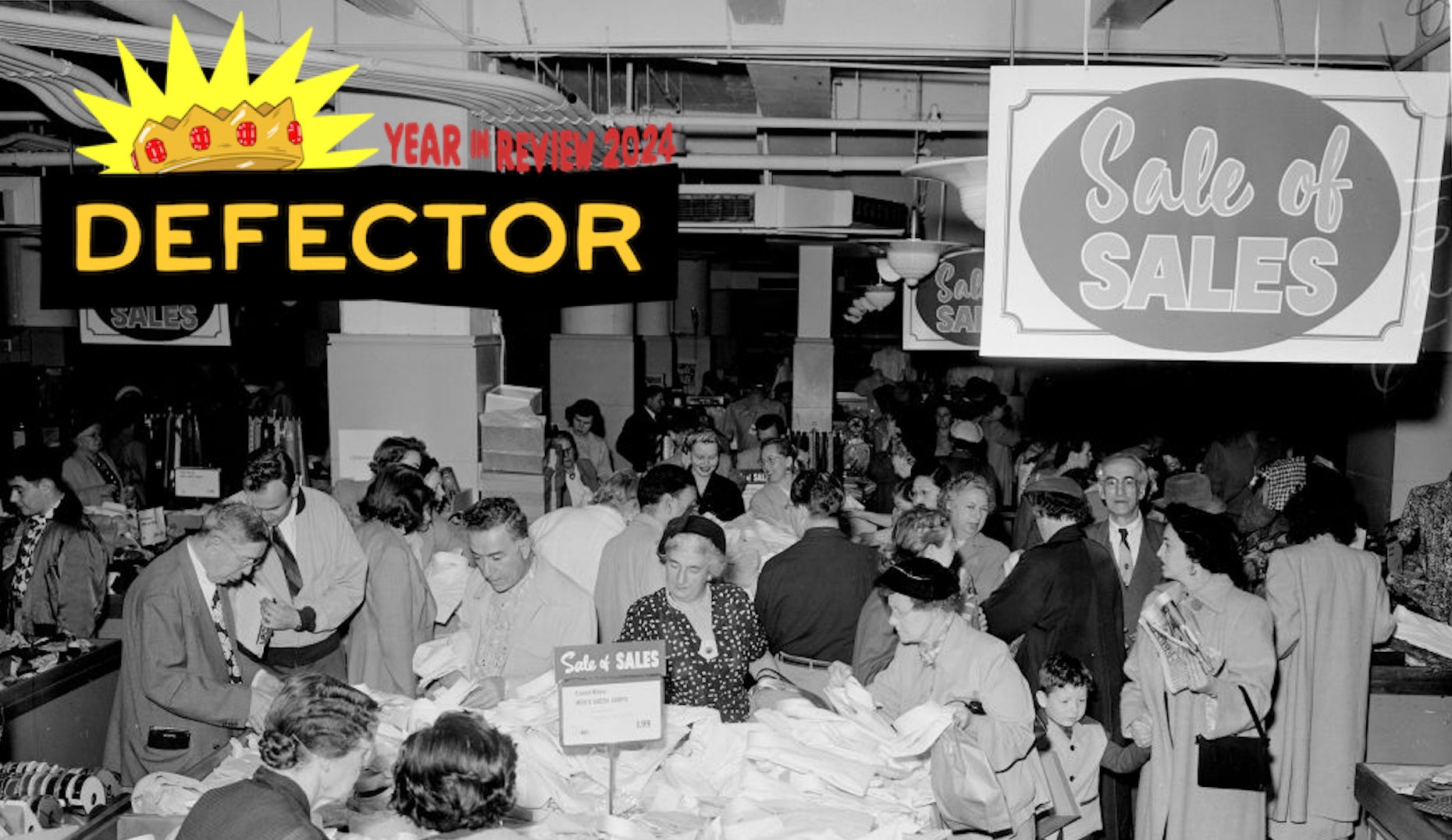If Lionel Messi has one flaw, it is his penalty taking. Despite doing everything an attacking soccer player can do on the field at godlike levels, Messi is merely adequate at scoring from 12 yards out. It's something Barcelona and Argentina fans have accepted as an a trade-off for all the magic that he creates, but this deficiency tends to rear its head at the most inopportune times. With that in mind, I was not particularly surprised that Messi stepped up to take a penalty in an almost must-win Group C finale against Poland and promptly saw it saved:
MESSI'S PENALTY IS SAVED BY SZCZESNY 😱 pic.twitter.com/nfEN63uaqv
— FOX Soccer (@FOXSoccer) November 30, 2022
In the not-so-distant past, a missed penalty from Messi was a harbinger of doom for Argentina. In the first game of the group stage at the 2018 World Cup, Messi stepped up to the spot in a 1–1 match against Iceland in the 64th minute. Had he converted, Argentina would have likely had a much different tournament; a win against Iceland would have helped the Albiceleste win its group and avoid France in the round of 16. Instead, though, Messi went to the goalie's right, the penalty was saved, and after a disaster against Croatia and a last-gasp winner against Nigeria, Argentina bowed out in the round of 16 against the eventual champions. (The less I say about Messi's miss in the 2016 Copa América final penalty shootout, the better.)
This time around, though, Messi's missed penalty against Poland—he went to the goalie's left this time, but Wojciech Szczesny had him covered frame by frame—was merely a blip ahead of an oncoming storm. Though Messi had a relatively quiet game after rousing Argentina with a beautiful goal against Mexico on Saturday, his young teammates picked up enough of the slack to shake off Saudi Arabia's monumental upset to win the group and, this time, avoid France in the round of 16.
It all started with 23-year-old Alexis Mac Allister, and a perfect cutback from 24-year-old Nahuel Molina. The left back held his run just long enough to stay onside, then found Mac Allister with a low roller that the Brighton midfielder lightly mishit into the perfect spot to finally beat Szczesny, who'd made nine saves in the first half. Perhaps a mishit was the only way that this goalie, on this day, was going to give up the opener, but regardless, Mac Allister put Argentina up 1–0 and eased the burdens of an entire nation:
A goal that Alexis Mac Allister will never forget 🇦🇷
— FOX Soccer (@FOXSoccer) November 30, 2022
Argentina starts the second half STRONG 💪 pic.twitter.com/sB8aTdDbP1
Really, though, the Argentine who looks to be Messi's biggest supporting star is Enzo Fernández. I talked about the 21-year-old Benfica wonderkid in the Argentina preview, so I won't rehash his bona fides here, but Argentina has looked a different, and much better, side whenever he has been out on the field. One of the biggest problems the side had against Saudi Arabia was breaking the press from the midfield, as the pairing of Rodrigo De Paul and Leandro Paredes struggled with the Green Falcons swarming them anytime they got the ball.
Fernández helps with that, with both his smooth control on the ball and his surging runs past the lines from midfield. In the 67th minute, Argentina's No. 24 received the ball 30 yards from goal with no immediate danger to the Polish defense, but one quick move past a Polish defender and a beautiful little flick to Manchester City's Julián Álvarez (age 22) created a chance from nothing. Credit here goes to Álvarez for the wonderful finish, of course, but it was Fernández who provided creativity on a side that so often has needed all of its imagination from Messi.
TWO FOR ARGENTINA 🇦🇷
— FOX Soccer (@FOXSoccer) November 30, 2022
Things are getting WILD in Group C 🤯 pic.twitter.com/987rv6nP8K
The former River Plate duo of Fernández and Álvarez are emblematic of why this particular Argentina side was so heavily tipped as a favorite to win the World Cup this time around. While Messi has always had contemporaries with talent at his side on the national team—Sergio Agüero, when healthy; Gonzalo Higuaín, when not missing wide open chances; Javier Mascherano, who might have been more important than Messi in the 2014 final run; Ángel Di María, who is still starring for the side—the 2022 edition of Argentina is the first to have veritable stars a decade-plus younger than Messi.
The new generation can, when playing at its best, alleviate the pressure on Messi to be the sun that the entire team rotates around. He can miss a penalty, and generally be only a really good player rather than a final boss, and still Argentina can comfortably beat Poland and win its group to avoid a much tougher road to the quarterfinals. It's not a coincidence that Argentina's best game in this tournament came when manager Lionel Scaloni started Fernández, Álvarez, and Mac Allister together.
Looking forward, that trio can build on the confidence that comes from carrying a team, and it will have an easier opponent than expected in the round of 16: Australia has been a fun story, insomuch as the Socceroos were not supposed to contend to advance past the group stage ahead of Tunisia and Denmark, but the quality gap in the matchup is huge. Then again, it was probably bigger in the Saudi Arabia match, and everyone saw how that went. To avoid another disappointment, Argentina will need Messi to be a bit better than he was on Wednesday, but if he's not, the country will need its youngsters to pick up the slack. They can, and they have, and so Argentina is in good hands no matter what happens on Saturday. Just start Fernández, especially, and good things should follow in due time.
